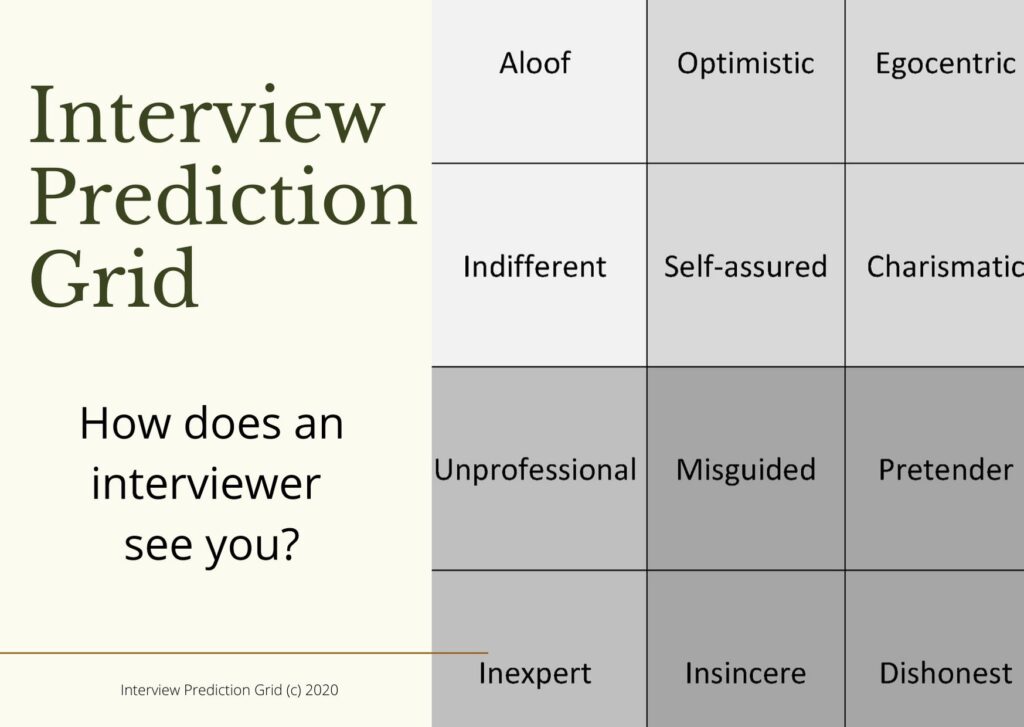During the job interview and in generic social interactions, humans want to be ‘accepted’ and will avoid situations that draw negative attention towards them.
Being seen as weak or vulnerable is perceived to be negative. This ‘weakness’ rule is prevalent in the job interview, not only with an interviewee but with an interviewer.
If a candidate states they have expertise in an industry sub-niche that the employer isn’t familiar with, many interviewers, depending on their level of self-esteem, will make reference to the sub-niche but wont specifically question the interviewee on their knowledge level.
The belief is, if the applicant knows more about the sub-niche then the interviewer, the interviewer will look weak. An ‘expert’ interviewer, an interviewer with the highest levels of knowledge and experience, or a highly confident interviewer, will happily challenge the candidate to test the levels of expertise to help predict the applicant’s job performance levels.
When being interviewed by an interviewer with a low level of knowledge/experience within a sub-niche, a self-promoter (possessing high levels of confidence) recognising a lack of employer expertise, is likely to increase self-promotion during the answer to this specific question to create authority.
A confident applicant attempting to trick an ‘expert’ interviewer into thinking that they possess a higher level of knowledge/experience than is true, will do so to their detriment. Interestingly, the applicants at the extreme end of high levels of confidence (the extremist being a narcissist), will argue a point with an ‘expert’ interviewer who is an authority on the subject, even when evidence contrary to their statements has been presented.
The goal of an interview, for the employer, is to assess an applicant’s job performance not provoke that applicant’s behaviour, but as each cause has an effect, all actions influence the interviewee’s behaviour.
One reason why many interview processes start with asking non-job-related questions “did you find us OK?” or explaining the organisations history, is to help to relax the candidate so they can, ideally, be ‘themselves.’ As explained, this ideal is impossible, as each applicant is affected by the behaviour of the interviewer.
Understanding how the subconscious cause and effect influences the recruitment process explains why the job interview process isn’t as fair people believe it is.
Recognising their interview identity allows an applicant to develop aspects of their persona within the interview environment to create a more positive perspective from the employer’s viewpoint.

Job Interview Advice








